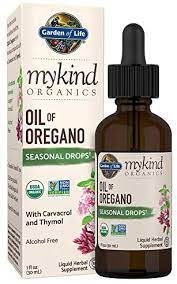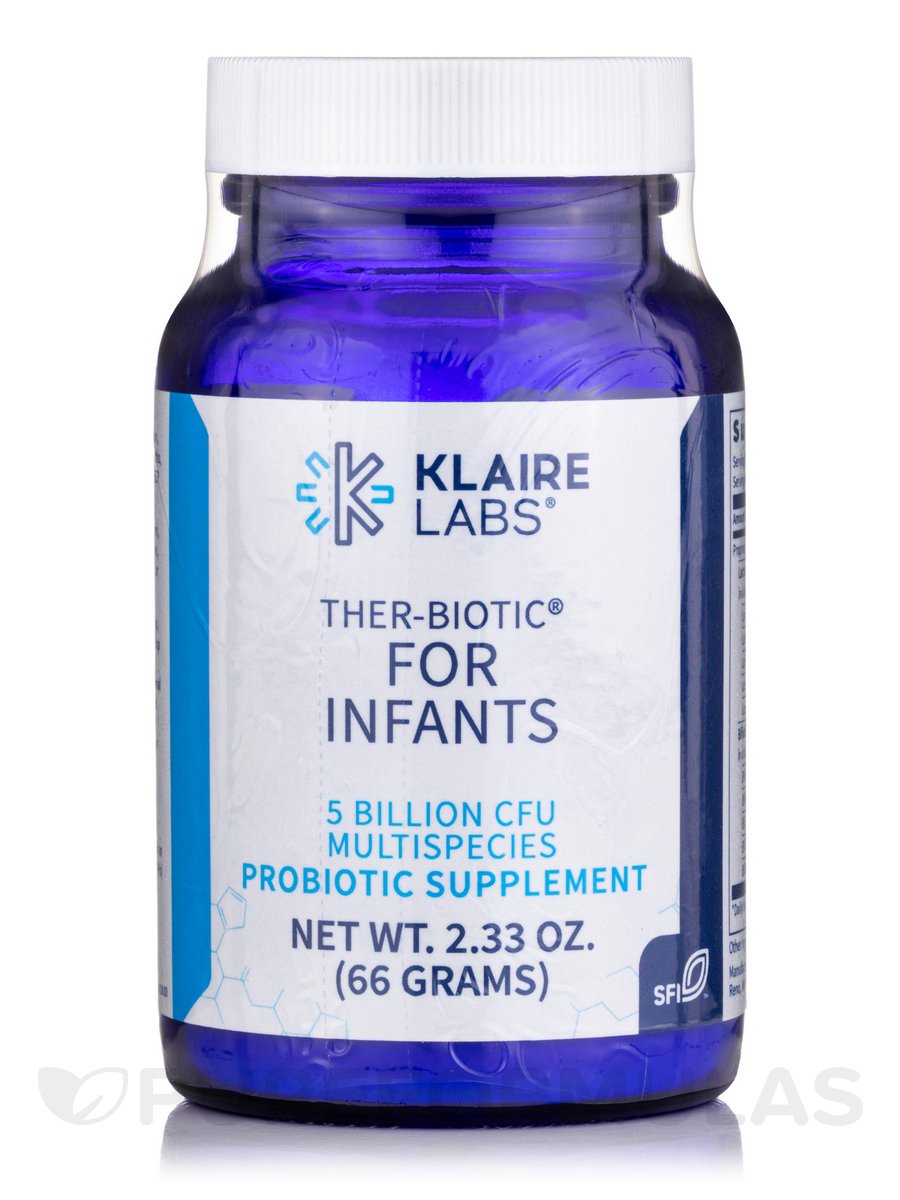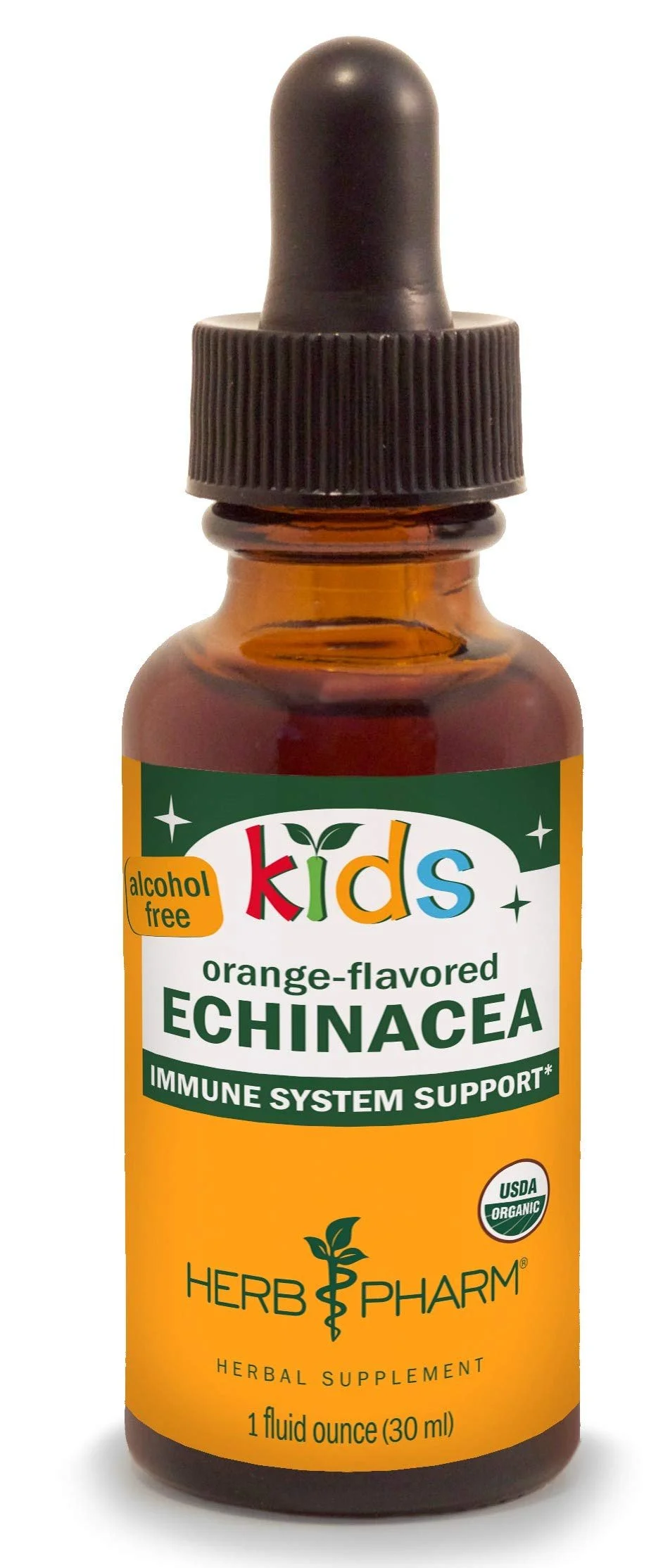Surviving Cold & Flu Season: How to Prepare, Protect, and Recover Naturally
It’s here again—cold and flu season—by far my least favorite time of year.
No one likes being sick—I certainly don’t. I find it tedious and unproductive. I’m tired, my stomach is off, workouts are out the window, and it becomes an endless cycle of dirty tissues and laundry. I’m exhausted just writing about it.
But sickness is a part of life. So instead of fighting the inevitable, I focus on what I can control—preparing ahead, protecting our immune health, and supporting recovery when illness hits.
Preparing Ahead of Time
I’m a planner through and through. Having a plan brings me a sense of calm—even a loose one—and that includes planning for sick days. The last thing I want when I wake up feeling awful is to drag myself to the pharmacy. I’d rather have everything I might need ready to go.
While viruses can strike any time of year, I become especially intentional starting in late summer, keeping my pantry and freezer stocked with comforting, nutrient-dense foods that support immunity and digestion.
Here’s what I always make sure to have on hand:
Bone broth: Gentle on digestion, rich in minerals like zinc for immune support.
Chicken stock: The base for healing soups.
Sweet potatoes: High in vitamin C and soothing on the stomach.
Russet potatoes: A comforting source of vitamin C and electrolytes.
Carrots: Packed with vitamin A for immune function.
Onions & garlic: Antioxidant, antibacterial, and gut-supportive powerhouses.
Ginger: Anti-inflammatory and protective against viruses like RSV.
Frozen chicken, pork, and simple carbs: Mild proteins and easy-to-digest staples for when nothing else sounds good.
Applesauce, rice cakes, and toast: The classic BRAT diet for GI recovery days.
Even though some of these foods (like bread or pasta) aren’t “superfoods,” they serve an important role when you’re sick—especially for sensitive stomachs. There’s a time and place for white bread, and when you’re queasy, comfort counts.
Freezer Meals That Save the Day
In my ideal world, I also have a few freezer meals ready to go. These are my go-tos:
Smoothie packs for quick nutrition
Hawaiian chicken (pineapple’s bromelain helps soothe sore throats)
Chicken or bison burgers for easy protein
Warm meals are especially helpful—studies suggest that maintaining body warmth can help your immune system work more efficiently and may even inhibit viral replication. (Remember: fevers are your body’s natural way of fighting infection—but always consult your healthcare provider if your temperature spikes or lasts too long.)
And while I firmly believe food is medicine, I also believe medicine is medicine. I regularly check our cold medicines, supplements, and natural remedies to ensure nothing’s expired. Consult your healthcare provider before starting or changing any supplements—especially for kids.
Avoiding & Protecting Against Illness
Beyond nutrition, we stick to the basics:
Frequent handwashing
Early bedtimes (our kids have a hard 7:00 p.m. bedtime—even on weekends!)
Hydration with water and electrolytes
Daily supplements and probiotics
Plenty of fresh air and outdoor movement
I also stay on top of household wellness:
Keep air filters clean
Run a cool mist humidifier to keep nasal passages moist
Crack windows daily for fresh air
Disinfect high-touch surfaces with Force of Nature
Nutrition for Prevention
Your gut health plays a massive role in immunity—roughly 70% of the immune system lives in the GI tract. I focus on foods that support both immune and gut health:
Vitamin C-rich produce: citrus, bell peppers, strawberries, tomatoes, broccoli, Brussels sprouts, and even potatoes (a surprisingly great source!).
Vitamin A-rich veggies: carrots, sweet potatoes, leafy greens.
Probiotic foods: Greek yogurt, kefir, and fermented foods like sauerkraut.
Getting kids to eat veggies can be a challenge, so I take a realistic approach—sometimes hiding chopped broccoli in pizza sauce or adding puréed veggies into soups and sauces. Remember, variety and consistency matter more than perfection.
Leaning Into Illness: Supporting Recovery
Even with the best prevention, sickness happens—especially with kids. When it does, I shift into recovery mode and focus on shortening its duration.
The second I feel a tickle in my throat or nose, I:
Increase hydration and add herbal teas like ginger or echinacea
Double down on nutrient-rich meals and smoothies
Get morning sunlight for natural vitamin D (low levels are linked to higher infection risk)
Add garlic—chopped and rested for 5–10 minutes to activate allicin, its powerful antibacterial compound
I also prioritize sleep—I head to bed early, set up my diffuser with essential oils, and keep screens off at least 30 minutes before bedtime. Rest truly is the best medicine.
If the whole family is down, I pivot our meal plan to soups and easy-to-digest meals. I crack windows for fresh air, wash bedding often, and encourage warm baths or showers to loosen congestion.
These small habits not only help us recover faster but also make the process feel a little more comforting and controlled.
One Last Note
Caring for yourself (and your family) during illness can feel like a full-time job. Do what you can, but don’t overexert yourself. Rest is the most underrated remedy.
If all you can manage is canned soup and toast, that’s perfectly okay. Listen to your body, nourish it gently, and trust that healing takes time.
Because when it comes to cold and flu season—preparation and patience are your best medicine.
Many local pharmacies, grocery stores and/or natural food stores carry these products:
I am not a trained medical professional, and this is not meant to be medical advice.
Always talk to your doctor/provider before taking any supplements or medication.





















